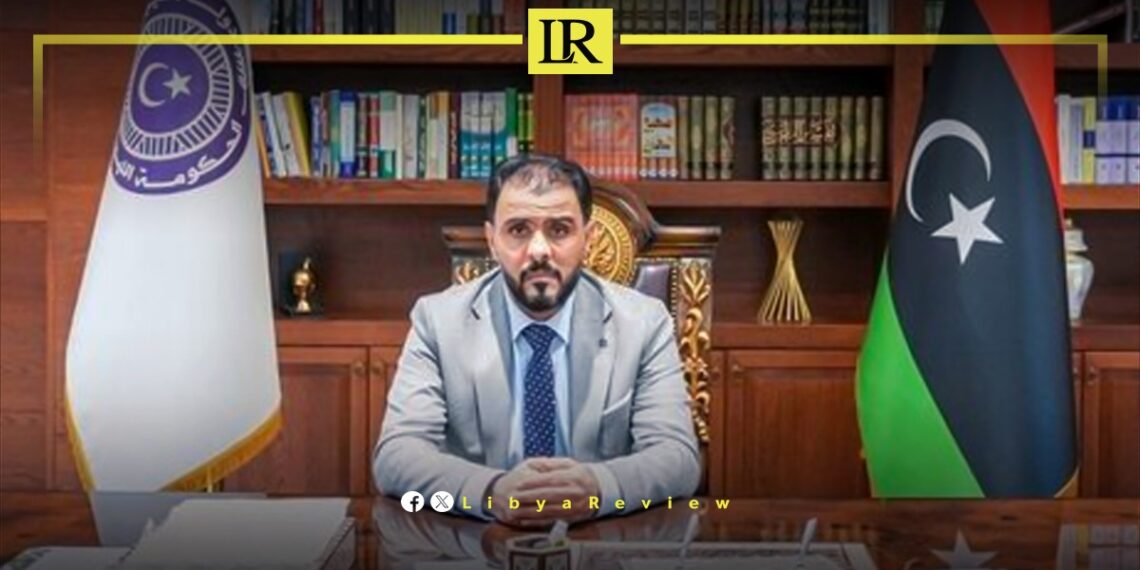Osama Hammad, Prime Minister appointed by Libya’s House of Representatives, has issued a decree to establish the General Health Insurance Fund. This fund will have three branches located in Benghazi, Tripoli, and Sabha.
Decree No. 82 of 2024 stipulates that the three branches will enjoy administrative independence and financial autonomy. They will report to the Council of Ministers and be technically overseen by the Ministry of Health.
The decree also specifies that branch managers will be appointed by the Prime Minister based on recommendations from the Minister of Health.
Furthermore, the decree states that from the establishment of the General Health Insurance Fund, all deductions and contributions from employees in various regions will be transferred to the respective branches within their geographical areas.
Separately, Hammad met with Health Minister Othman Abdeljalil on Wednesday to discuss the needs of cancer patients. The discussion focused on providing necessary requirements for their treatment according to the national treatment localisation plan. They also discussed ensuring that hospitals and health centres are fully equipped, in coordination with the Medical Supply Department.
The establishment of the General Health Insurance Fund marks a significant step in improving healthcare services across Libya. By decentralising the management and funding of health insurance, the government aims to enhance efficiency and ensure better access to medical care for all citizens.
By localising treatment and improving hospital facilities, Libya aims to reduce its dependency on overseas medical services and provide timely care to its citizens.
On the other side, Libya’s Deputy Prime Minister and Acting Health Minister in the rival Government of National Unity (GNU), Ramadan Abu Janah, inaugurated the 16th Libya International Healthcare Forum and Exhibition on Monday at the Tripoli International Fairgrounds.
In his opening speech, Abu Janah highlighted the ministry’s commitment to mobilise all resources for systematic and practical plans. These plans begin with training national cadres and aim to provide comprehensive healthcare.
Abu Janah emphasised that a key priority for the ministry in the coming phase is to support investment in national medical and nursing staff.


